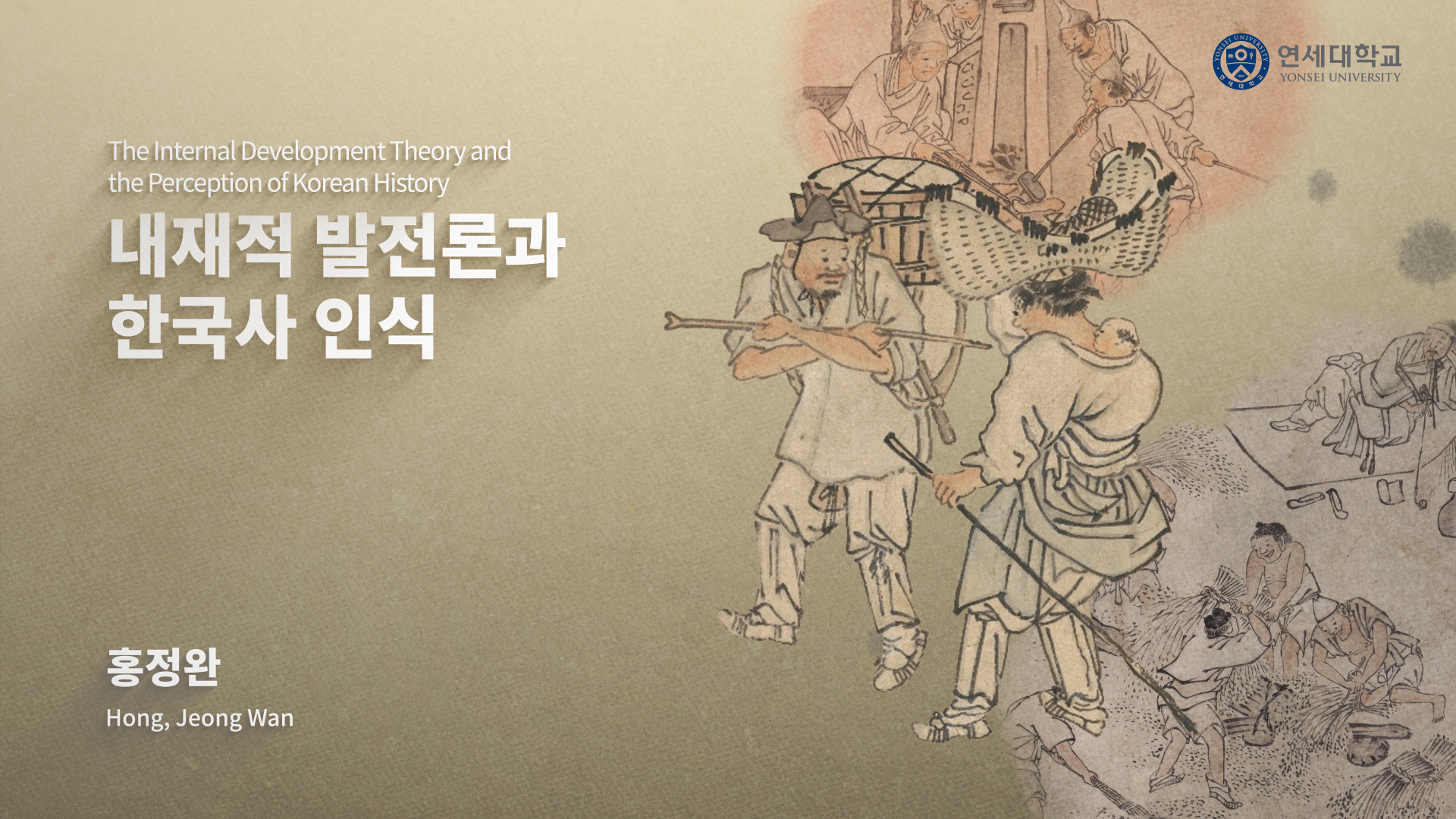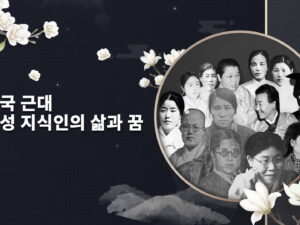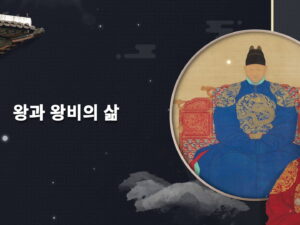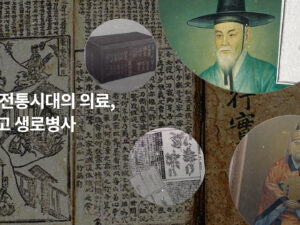The Internal Development Theory and the Perception of Korean History
This course explores the context in which the internal development theory emerged in modern and contemporary Korean history. It also ...
Show more
Instructor
igkslms
- Description
- Curriculum
- Notice

Course Introduction
This course explores the context in which the internal development theory emerged in modern and contemporary Korean history. It also traces the trajectory of specific historical research based on this theory, including its adoption in various subfields of Korean history and its application in North Korea and Japan.
Learning Objectives
1. Students will understand the historical context in which the internal development theory emerged in modern and contemporary Korean history.
2. Students will examine specific applications of the internal development theory in various subfields of Korean history and in North Korea and Japan.
1. Korean Historians’ Criticism of the Colonial Perspective on Korean History in the 1960s
-
11-1. Overview of Colonialist Research on Korean History During the Japanese Colonial Period
-
21-2. Colonial Perspective on Korean History During the Japanese Colonial Period (1): Theory of Heteronomy
-
31-3. Colonialist Perspective on Korean History During the Japanese Colonial Period (2): Theory of Stagnation
-
41-4. Korean Historians’ Criticism of the Colonialist Perspective on Korean History in the 1960s
2. Formation and Characteristics of North Korea’s Research on Korean History in the 1960s and 1970s and the Internal Development Theory
-
52-1. The Organization of Research Institutes on Korean History in North Korea after the Korean War
-
62-2. The Debate on the Periodization of Modern History and Its Implications in North Korean Historical Circles after the War
-
72-3. The Development of Korean History Research Based on the Internal Development Theory in North Korean Historical Circles in the 1950s and 1960s
-
82-4. The Development of Korean History Research Based on the Internal Development Theory in North Korean Historical Circles in the 1960s and 1970s
3. Formation and Characteristics of Japanese Research on Korean History in the 1960s and 1970s and the Internal Development Theory
-
93-1. Reproduction of Research on Korean History Based on Colonialist View of History after Japan’s Defeat in the War
-
103-2. Emergence of New Movement in Korean History Research in Japan after the War
-
113-3. Korean History Research and the Internal Development Theory in the Japanese Historical Community in the 1960s–1970s (1)
-
123-4. Korean History Research and the Internal Development Theory in the Japanese Historical Community in the 1960s–1970s (2)
4. Research on Agricultural History and the Internal Development Theory in Korean Historical Community during the 1960s and 1970s
-
134-1. Before the Study of ‘Agricultural History’ in the Late Joseon Dynasty Based on the Internal Development Theory Began
-
144-2. Kim Yong-seop’s Study of ‘Agricultural History in the Late Joseon Dynasty’ (1): “Study of the Land Register”
-
154-3. Kim Yong-seop’s Study of ‘Agricultural History in the Late Joseon Dynasty’ (2): “Management-Type Rich Farmers”
-
164-4. Development of Agricultural Productivity and Establishment of the Theory of Private Landownership Theory
5. Research on the History of Commerce and Industry and the Internal Development Theory in Korean Historical Community in the 1960s and 1970s
-
175-1. Beginning of the Study on the History of Commerce and Industry in the Late Joseon Period Based on the Internal Development Theory
-
185-2. Study of Commercial History Based on the Internal Development Theory in the South Korean Historical Community in the 1960s and 1970s
-
195-3. South Korean Historical Community’s Study on the History of Handicrafts Based on the Internal Development Theory and Research on the Relationship between Commerce and Handicrafts in the 1960s and 1970s
6. Research on Social History and the Internal Development Theory in Korean Historical Community in the 1960s and 1970s
-
206-1. The Beginning of Research on Social History and the Changes in the Social Status System in the Late Joseon Period During the Japanese Colonial Period
-
216-2. Research on the Changes in the Social Status System Based on the Internal Development Theory in the South Korean Historical Community in the 1960s
-
226-3. Research on Social History and the Changes in the Social Status System Based on the Internal Development Theory in the South Korean Historical Community in the 1970s
7. Research on Political History and Internal Development Theory in Korean Historical Community in the 1960s and 1970s
-
237-1. Study on the Political History of the Late Joseon Dynasty and Factional Strife, and the Colonialist View of History
-
247-2. Research on the Political History and Factional Strife of the Late Joseon Dynasty in the South Korean Historical Community of the 1950s–1960s
-
257-3. Studies on Political History and the Theory of Factional Politics Based on the Internal Development Theory in the 1970s in the South Korean Historical Community
8. Research on Intellectual History and the Internal Development Theory in Korean Historical Community in the 1960s and 1970s
-
268-1. The Beginning of Research on Practical Learning of the Late Joseon Dynasty and the Movement to Revitalize Korean Studies during the Japanese Colonial Period
-
278-2. Research on Practical Learning of the Late Joseon Dynasty by the South Korean Historical Community in the 1950s After Liberation
-
288-3. Research on Practical Learning Based on the Internal Development Theory in the South Korean Historical Community of the 1960s and 1970s
Hong Jeong Wan
Deputy Director, The Institute for Korean Historical Studies










